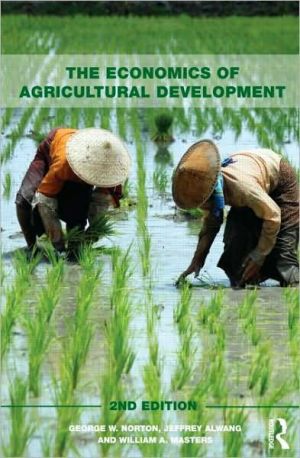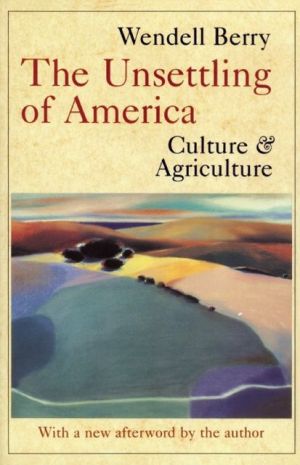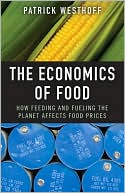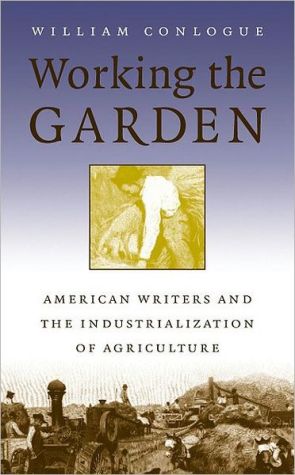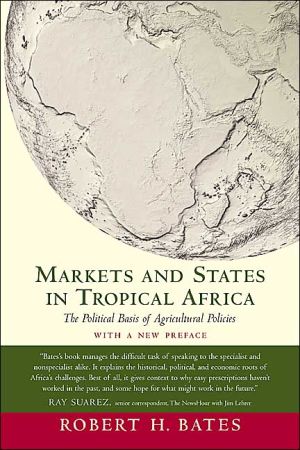The Economics of Agricultural Development second edition
The globalization of goods, services and capital for agriculture is fundamental to the future of developing countries and has major implications for the fight against poverty and sustainability of the environment. In recent years, agriculture has once again returned to a position of centre stage as food price volatility has led countries to re-examine their development strategies.\ This new edition of the essential textbook in the field builds on the 2006 original and reflects the following...
Search in google:
The globalization of goods, services and capital for agriculture is fundamental to the future of developing countries and has major implications for the fight against poverty and sustainability of the environment. In recent years, agriculture has once again returned to a position of centre stage as food price volatility has led countries to re-examine their development strategies.This new edition of the essential textbook in the field builds on the 2006 original and reflects the following developments:the increased impact of climate changeissues affecting agricultural markets such as bio-fuels, the rise in farm prices and energy coststhe move to higher valued agricultural productsThe book contains a wealth of real world case studies and is now accompanied by a website that includes powerpoint lectures, a photo bank and a large set of discussion and exam questions.
Part 1. Dimensions of World Food and Development Problems 1. Introduction 2. Poverty, Hunger and Nutitition 3. Economics of Food Demand 4. Population Part 2. Development Theories and the Role of Agriculture 5. Economic Transformation and Growth 6. Development Theories and Growth Strategies Part 3. Agricultural Systems and Resource Use 7. Agriculture in Traditional Societies 8. Agricultural Systems and Their Determinants 9.Resource Use and Sustainability 10. Human Resources, Family Structure, and Gender Roles Part 4. Getting Agriculture Moving 11. Theories and Strategies for Agricultural Development 12. Research, Extension, and Education 13. Land and Labour Markets 14. Input and Credit markets 15. Pricing Policies and Marketing Systems Part 5. Agricultural Development in an Interdependent World 16. Agriculture and International Trade 17. Trade Policies, Negotiations and Agreements 18. Macroeconomic Policies and Agricultural Development 19. Capital Flows, Foreign Assistance, and Food Aid 20. Lessons and Perspectives
